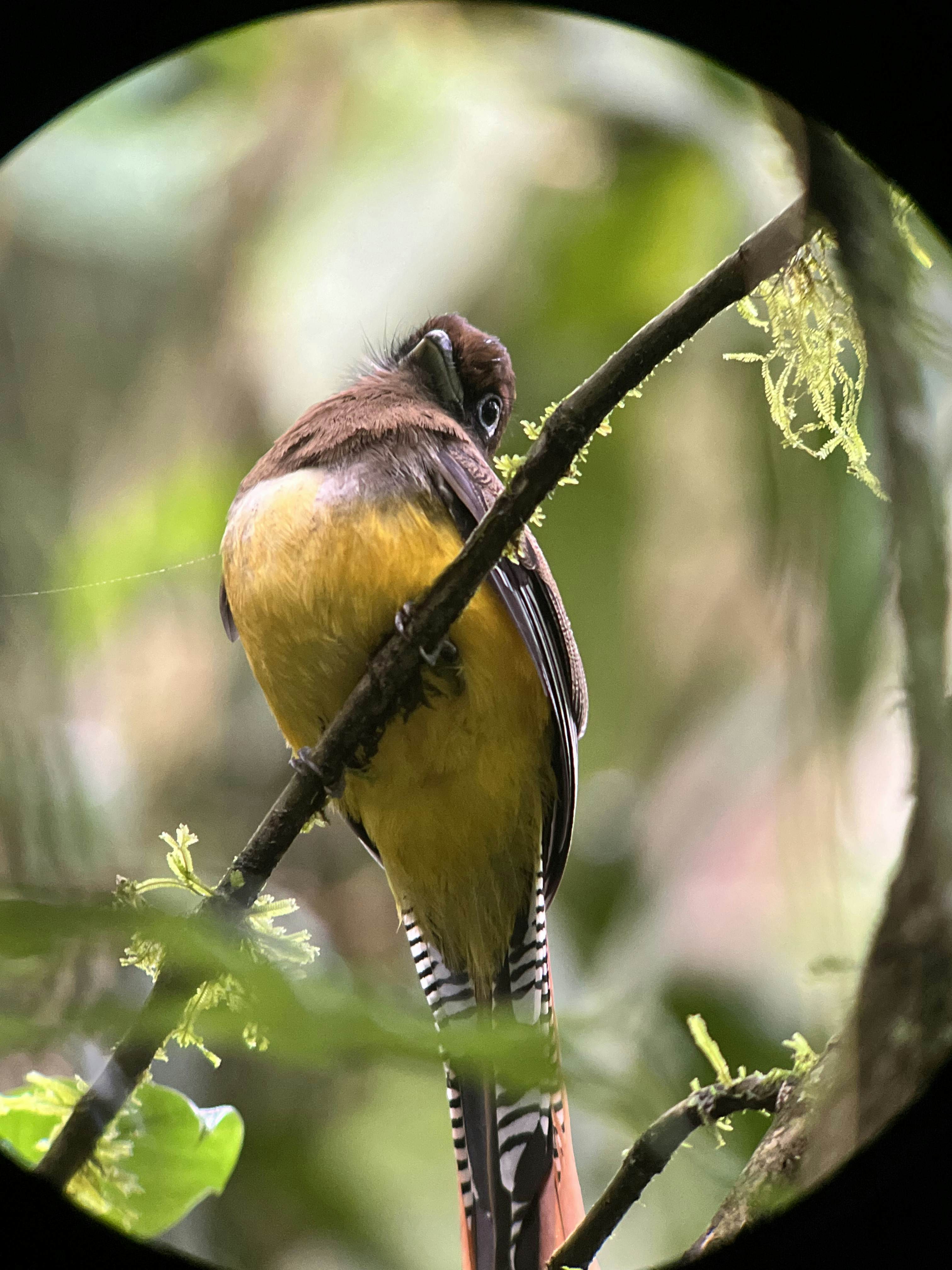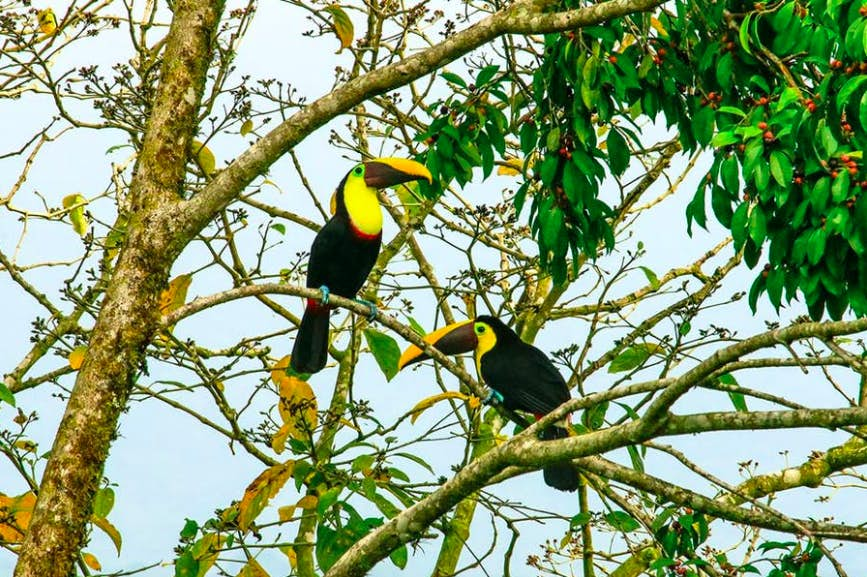The first step to making a change is to understand what is happening. What is climate change? Why should you care? Why are we facing a climate emergency? What can you do?
We explain in a simple way what is happening and how your actions can make a difference. We present you with information about the crisis we face collectively, so that you can reach your own conclusions and make conscious decisions.
Scientists have observed radical changes in weather patterns on earth through many types of measurements. The main evidence that has been found is: Global temperature rise: The temperature on the planet has increased by more than 1 degree Celsius (2 degrees Fahrenheit). This causes the other effects you'll learn about next.
Melting ice sheets: Earth is losing 1.2 trillion tons of ice a year. This causes sea levels to rise. All the coastal areas of the planet and the homes that are there are at risk of disappearing.
Extreme weather events: have you noticed more earthquakes, floods, hurricanes, more extreme winters, rivers and waterfalls breaking their banks? Yes, all these events and many more are attributed to climate change or other human actions that modify ecosystems.
Ocean warming: It is no exaggeration to say that our oceans are the life energy of the planet. And when its surface heats up, ecosystems collapse, corals die and tides become unpredictable.
Ocean Acidification: The same pollutants that affect our air also acidify the oceans. This causes many of the animals that inhabit the seas to die, and many microorganisms that feed animals and humans to disappear.
Ocean salinization: Evaporation from the oceans increases as the planet warms due to the climate emergency. What causes the oceans in the tropics and subtropics to become increasingly saline, and the seas of the poles to be increasingly fresh. This increases rainfall and droughts, not to mention affecting ecosystems.
What you just read is a way to measure the health of the earth. Imagine that the above effects are the vital signs of the planet. And they are serious. Science agrees: The planet's temperature is rising, ecosystems are out of balance, and weather events are becoming more extreme. Human activity is the main cause of this climate emergency. There are human actions that are more polluting than others, so it is important to know how our actions have consequences. We will explain it to you below.

Greenhouse gases are the main cause of climate change generated by human activity. These gases build up in the planet's atmosphere and prevent heat from escaping, causing the devastating effects you've already read about.
We teach you about the most important:
Carbon Dioxide (CO2): has increased by 48% since the Industrial Revolution. The burning of fuel in automobiles, airplanes and other means of transportation, in addition to deforestation, and the use of land for livestock, are some of the actions that produce it.
Methane: It is generated by the decomposition of garbage, agriculture (especially rice cultivation) and domestic livestock. As you can see, our eating habits have a huge impact on climate change.
Nitrous oxide: it is produced by fertilizers, the burning of fossil fuels such as gasoline and the production of nitric acid, among others.
Hydrofluorocarbons: The widespread use of refrigerants, air conditioners, refrigerators and freezers cause this gas. Surprisingly, this can be 3,790 times more polluting than CO2.
The impacts of climate change are being seen more and more. Humanity has a challenge for the year 2030: stop global warming at 1.5°Celsius.
1.5°C is serious, and the consequences are devastating for our ecosystems, if the temperature rises more, the effects worsen significantly, but we can recover! A temperature increase of 2.0°C would mean the death of 99% of coral reefs. The mass extinction of fish and birds. The disappearance of 17% of the world's fresh water. At 3.0°C the coasts disappear and with them 12% of the world population is at risk by the year 2100.
As you can see, climate change is a real threat that not only affects our quality of life as humans, but also endangers ecosystems and life itself on the planet.

Now that you know what is going on and what causes it, you will be able to understand the following two statements: The responsibility to reduce climate change belongs to all people. We're running out of time. It is no longer enough to stop our greenhouse gas emissions. We must reverse the damage. So what can you do to not only reduce your greenhouse gas production, but reverse your impact?
We leave you the following 5 tips:
Educate yourself about your carbon footprint: your carbon footprint is how many greenhouse gases you produce with your habits, your home and transportation, among many other factors.
Be aware of your consumption habits: Now you know that cattle for meat and dairy produce greenhouse gases, as well as the gasoline you use, air conditioning, pesticides, among others... How can you change your consumption habits to pollute less? Can you eat less meat and more plants? Can you use energy more consciously?
Shorten the supply chain: Buy local!: Transportation and pesticides used by large fruit and vegetable crops produce a large amount of gases that cause the climate emergency. Support the economy of your community and shop at local markets.
Raise your voice: When you express your opinion, others will follow you. Demand from your governments solutions to the climate crisis. Support the products and businesses that are striving to make a difference, plus talk to people you know about the current situation.
Accelerate the reduction of CO2 through carbon credits: Carbon credits are contributions that you can make to social and environmental projects that prevent CO2 from being released into the atmosphere, or even remove CO2 from the atmosphere.
What is achieved with these bonuses? Plant trees, protect the forests and the jungle, improve the quality of life in the territory, educate for sustainability... All of this is achieved with your contribution. Knowledge is the most powerful tool to make a difference in the face of the climate emergency, but taking action is essential. If you found this blog informative, and you want to make a positive impact, we invite you to make your contribution to Costa Rica and the planet through carbon credits.
Information sources:









